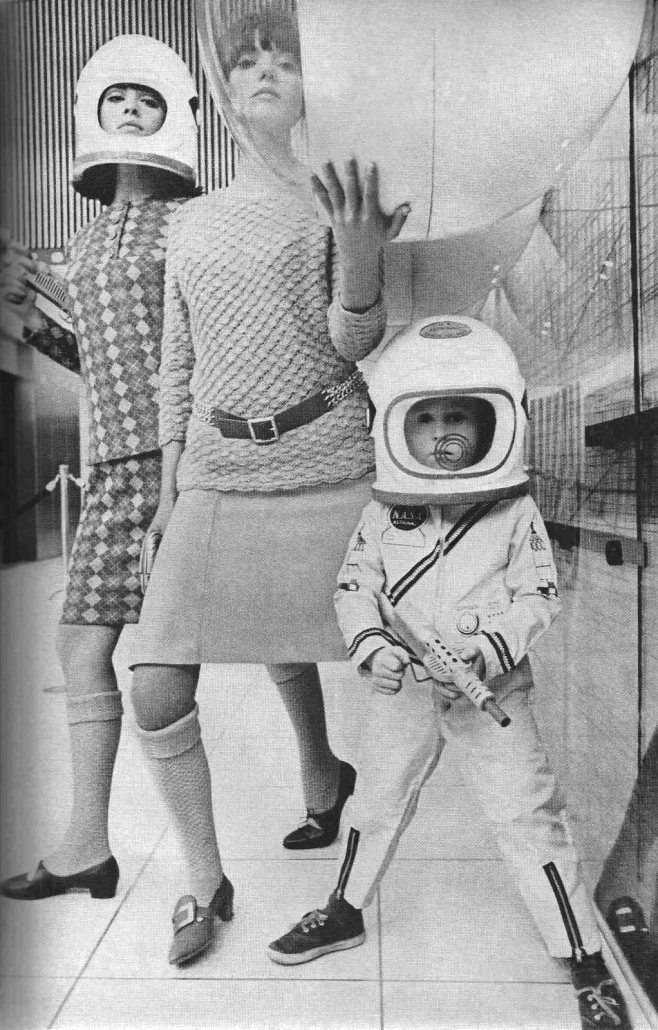In an Aeon essay, Thomas Wells wonders how we can consider yet-born generations in political decisions that will impact them, suggesting “futuristic voting blocs” may be the answer. An excerpt:
While we might feel a sense of solidarity with past and future generations alike, time’s arrow means that we must relate to each other as members of a relay race team. This means that citizens downstream from us in time are doubly disadvantaged compared with the upstream generations. Our predecessors have imposed – unilaterally – the consequences of their political negotiations upon us: their economic regime, immigration policies, the national borders that they drew up. But they were also able to explain themselves to us, giving us not only the bare outcome of the US Constitution, for example, but also the records of the debates about the principles behind it, such as the Federalist Papers (1787-88). Such commentaries are a substantial source of our respect for our ancestors’ achievements, beyond their status as a fait accompli.
By contrast, future generations must accept whatever we choose to bequeath them, and they have no way of informing us of their values. In this, they are even more helpless than foreigners, on whom our political decisions about pollution, trade, war and so on are similarly imposed without consent. Disenfranchised as they are, such foreigners can at least petition their own governments to tell ours off, or engage with us directly by writing articles in our newspapers about the justice of their cause. The citizens of the future lack even this recourse.
The asymmetry between past and future is more than unfair. Our ancestors are beyond harm; they cannot know if we disappoint them. Yet the political decisions we make today will do more than just determine the burdens of citizenship for our grandchildren. They also concern existential dangers such as the likelihood of pandemics and environmental collapse. Without a presence in our political system, the plight of future citizens who might suffer or gain from our present political decisions cannot be properly weighed. We need to give them a voice.
How could we do that?•
Tags: Thomas Wells

